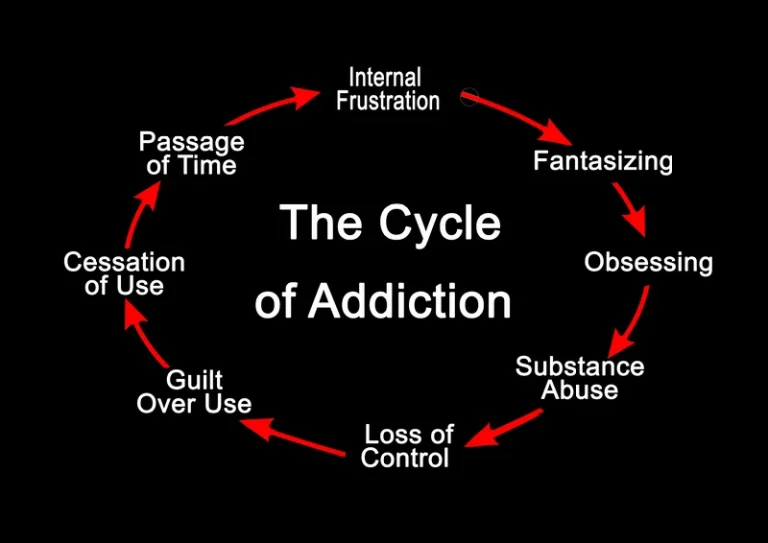Residents are often expected to engage in daily tasks such as seeking employment, attending educational programs, preparing meals, or handling chores. Residents must attend 12-step meetings like alcoholics https://neftekumsk.ru/forum/humor/27000-rzhachnye-nablyudeniya.html?start=6 anonymous, Narcotics Anonymous, and similar or other group activities. Most sober living homes require residents to pay rent, but it’s typically more affordable than many alternative housing options.
- This accountability helps individuals to stay on track with their sobriety and to avoid relapse.
- There are also specific types of sober living homes that cater to your gender, age, and in some cases, profession.
- While living in a sober home, you will have access to various resources and support.
- Wiemiller noted that the council doesn’t expect victim service organizations to be fully in compliance with all funding standards right away.
Who Pays for Sober Living Homes?
- In her clinical work, she specializes in treating people of color experiencing anxiety, depression, and trauma through depth therapy and EMDR (eye movement desensitization and reprocessing) trauma therapy.
- It also provides a therapeutic space where you can get support from peers who are also recovering from substance abuse.
- To the best of our knowledge, all content is accurate as of the date posted, though offers contained herein may no longer be available.
- Whether you’re a real estate developer, investor, or passionate individual who wants to make a difference, there’s a spot for you in the residential treatment industry!
- Though recovery rates vary, longer stints in treatment facilities are generally linked with decreased relapse risks.
Some homes will be highly structured with strict schedules and consistent times. Ourteam encourages residents to becomepart of the vast Serenity Village familywhich consists of healthy people https://www.playterritory.com/shooter/32/city-sniper.html withsolid spiritual foundations. Residents in Level 4 homes are usually not able to work (at least not full-time) since they are engaged in recovery activities throughout the day.

Types of Sober Living Houses
- Residents in Level 4 homes are usually not able to work (at least not full-time) since they are engaged in recovery activities throughout the day.
- Halfway houses, on the other hand, are typically more structured and may be mandated as part of a court-ordered treatment program.
- Many sober living homes refer the resident to a drug addiction rehab center or offer another form of treatment.
Some sober living facilities provide substance-free transitional housing for only men or only women, meaning men live with men and women live with women. Many owners of sober living homes find themselves in this industry after a personal experience. This deep-rooted passion and drive can help you overcome many common challenges new sober living homes face. If https://clomidxx.com/baby-born-without-an-immune-system-is-finally-allowed-home/ you try to make a difference by opening an addiction treatment center, you’re already one step ahead of the game in achieving success. While there are profitable ventures in this industry, the driving force is often not money for many owners. Living with others that are successful, demonstrates to them that it is possible and helps them reach that point.

Sober Living House for Extended Stays
- However, sober living houses are not covered under insurance since they do not provide treatment services and thus aren’t considered rehabilitative facilities.
- At Gratitude Lodge,we work with most insurance plans to cover the costs of treatment.
- According to the council’s own policies, grievances should be investigated through an “unannounced monitoring site visit of the program involved,” resulting in a written report and recommendations by council staff.
- Many patients don’t realize the toxicity of prolonged alcohol abuse and how it affects the body.
- But they can be anywhere between $300 and $2,000, depending on the neighborhood and amenities.
By Julia Childs Heyl, MSWJulia Childs Heyl, MSW, is a clinical social worker and writer. As a writer, she focuses on mental health disparities and uses critical race theory as her preferred theoretical framework. In her clinical work, she specializes in treating people of color experiencing anxiety, depression, and trauma through depth therapy and EMDR (eye movement desensitization and reprocessing) trauma therapy. If you consume alcohol or cannabis, please plan ahead and arrange for a sober ride home after the game, so everyone has the opportunity to celebrate again next year.” The funding comes with standards, set forth by the council, to ensure that a program’s policies align with federal and state law.
The History of Sober Living Homes








